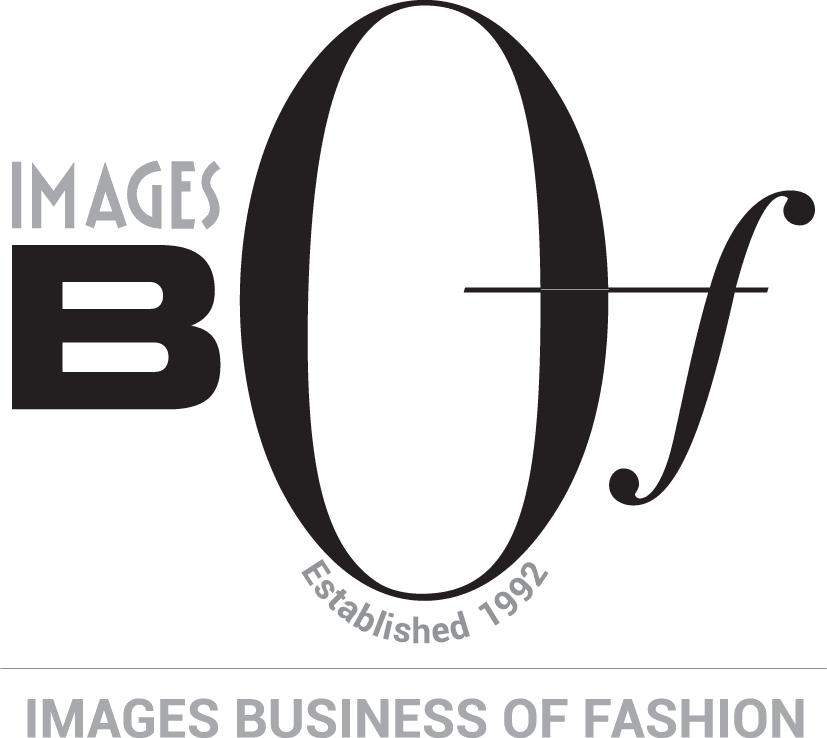Company: Wrangler
Headquarters: Greensboro, North Carolina, USA
Parent Company: Kontoor Brands Inc.
Sister Company: Lee
India Presence: Wrangler retails in the country through Ace Turtle, which acquired a long-term licence for the brand in India and select markets of South Asia.
Wrangler is an American manufacturer of jeans and other clothing items, particularly workwear. The brand is owned by Kontoor Brands Inc., which also owns Lee. Its headquarters is in downtown Greensboro, North Carolina, in the United States, with production plants in a variety of locations throughout the world.
| India Presence
Ø Wrangler boasted 39 stores in India by July 2022 Ø It also sells online in India on leading e-commerce platforms. “Post pandemic, Wrangler has been witnessing strong footfalls at retail stores in high street areas and that the denim stalwart is committed to expanding the offline retail footprint by adding 100 more stores of Lee & Wrangler by 2023,” says Nitin Chhabra, Co-founder and CEO, Ace Turtle. |
From Blue Bell Overall to Wrangler: Timeline
- In 1897 20-year-old C C Hudson was working in a factory making overalls, where he earned 25 cents a day sewing on buttons. When his workplace shut down, he and a few others bought several of the sewing machines, leased space above a downtown grocery store and incorporated as the Hudson Overall Company. As their business grew, they changed their name to Blue Bell Overall Company.
- By 1943, Blue Bell acquired the Casey Jones Work-Clothes Company and the rights to a rarely used Casey Jones brand named Wrangler. They hired a famous tailor to start developing a jeans line for cowboys by the same name – Wrangler.
- In 1947, after designing and testing 13 pairs of prototype jeans, Blue Bell introduced the Wrangler 11MWZ to American consumers.
- By 1962, the Wrangler brand made its way to Europe where it enjoyed a successful launch.
- In 1986: Blue Bell merged with the VF Corporation of Pennsylvania and by 1996 one of every five pairs of jeans sold in America was a Wrangler.
- In 2018, VF Corporation announced plans to spin off its jeans operations including Wrangler into a separate public company.
- By 2019, Wrangler, together with Lee and Rock & Republic, became a part of Kontoor Brands, an independently, publicly traded spin-off from VF Corporation.
Sustainability: Reducing Its Bootprint
Wrangler has been taking solid steps to reduce the bootprint the brand leaves on Earth with ambitious sustainability goals and industry-leading practices to achieve them. The brand has four broad goals:
- 50% reduction in water usage by 2030
- 100% sustainable cotton by 2025
- 100% renewable energy by 2025
- 100% clean chemistry by 2025
To achieve this, the brand is leading the way on soil health with no-till farming, crop rotation and cover cropping that builds crop resilience and production while reducing water and energy needs.
Wrangler is also cleaning up the energy it takes to produce its denim across the entire supply chain. For its owned facilities, the brand is investing in solar, wind and geothermal projects with the goal of 100% renewable energy by 2025. For those facilities they don’t own, they are partnering with suppliers to offer education and support in their efforts to be more energy efficient.
Saving At Its Core
The manufacturing of denim has typically required a lot of water, but Wrangler, with its brand Indigood is developing technologies and processes that save a minimum of 90% of water from the dyeing, fabric finishing or wastewater treatment of the dyeing operation.
Their commitment to use sustainable cotton too helps, since this requires less water to yield the same cotton, and the brand’s expanded use of hemp and recycled fibers further lessen its reliance on water.
- Wrangler has already saved 7 billion liters of water from our fiber, fabric and finishing processes and is working towards its goal of reducing water consumption by 50% by 2030.
- Wrangler’s parent company, Kontoor Brands, currently operates six zero waste distribution centers throughout North America.
- The brand is also making strides towards making fashion more circular through our use of recycled fibers and our participation in the Ellen MacArthur Foundation’s Jeans Redesign seeking to revolutionize how the jeans we love are made.
WeCare Wrangler
In 2021, Wrangler announced the launch of its WeCare Wrangler™ sustainability platform, building off the brand’s long-standing commitment to protecting the planet. WeCare Wrangler unites the brand’s legacy of sustainability with measurable goals designed to bring consumers the apparel they know and love while reducing the brand’s environmental impacts.
Wrangler’s Sustainability Platform
WeCare Wrangler™ is guided by three key focus areas:
> Planet: The iconic Wrangler denim starts as cotton, and the brand is committed to protecting the land from which it grows. From protecting the soil, to saving water, to reducing waste and energy use, Wrangler is dedicated to challenging itself to leave less of an impact on the planet.
> Product: Wrangler understands that the planet’s resources are limited and is constantly re-thinking how its products are made and what they’re made of – finding more ways to use less.
> People: Wrangler is committed to doing right by all people with the products it makes. That means treating workers throughout its worldwide supply chain fairly and with respect. It also means upholding the brand’s commitment to find more ways to have less environmental impact on the planet.
|
Wrangler Retro® Green Jean In 2021, Wrangler launched the Wrangler Retro® Green Jean which expanded on favorite Wrangler styles with a variety of natural fibers, recycled hardware and eco-friendly materials from the hem to the waistband and everything in-between. Ø As part of the Wrangler Retro® Green Jean assortment, the women’s trouser jeans are reimagined to combine the most loved Western styles with enhanced sustainability features that one can be proud of. Ø Inspired by the brand’s love for the planet, the Green Jean is designed using a blend of recycled cotton and made exclusively in factories that have met some of the highest standards for prioritizing employee health and safety.
|




